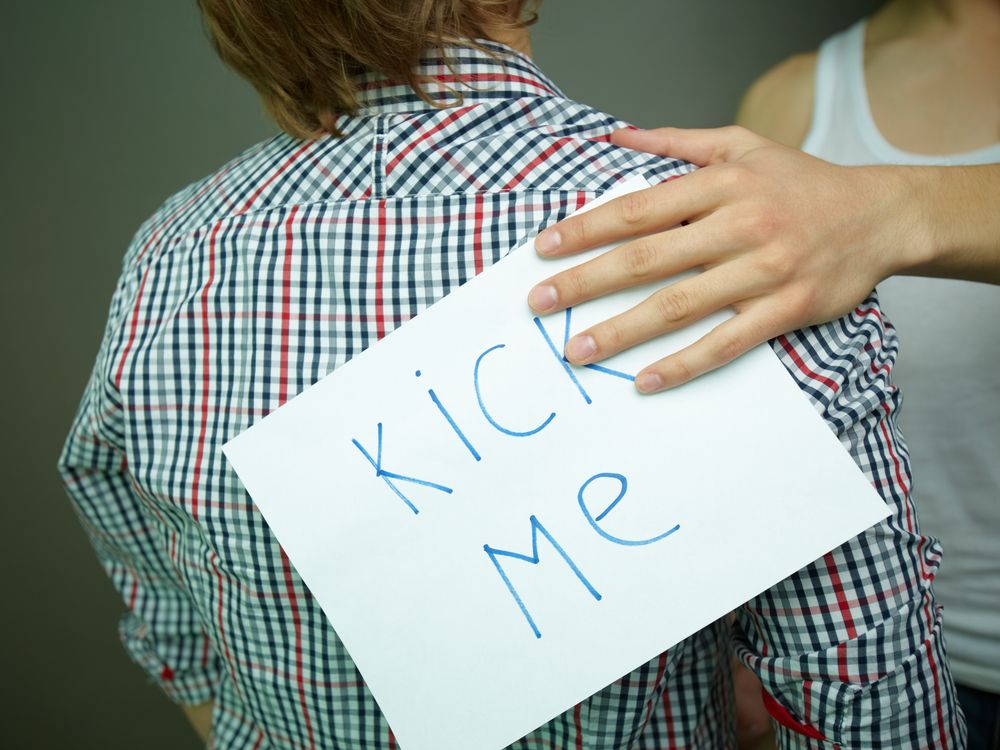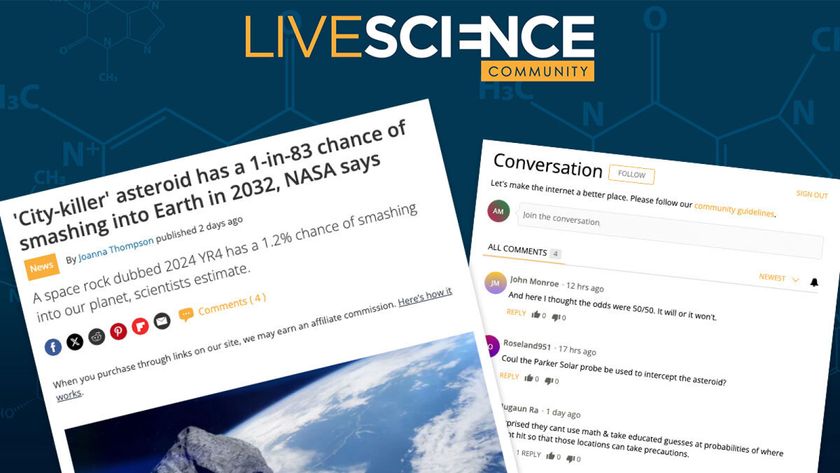No Kidding: April Fools' Is Good for the Soul

Go ahead, let loose this Sunday, April 1. Scientists say it's not only OK, but such humor plays an important role in American culture and society, and also helps humans bond with each other.
Do you have any April Fools' pranks in store?
LiveScience spoke with various scientists to get their take on the upcoming joke-filled holiday (whose history is pretty murky) and possible benefits for prank partakers.
"It’s a way to vent built up energy and tension," said Alex Boese, curator of his website called Museum of Hoaxes. "You give people one day to misbehave and then the important part being that at the end of a certain time they have to return to normal behavior," he said. "It’s a ritual of enforcing the social norm of good behavior, because they have to accept the social norms again at the end of the day."
This little release once in awhile is incredibly important to society, Joseph Boskin, a professor emeritus of history at Boston University, told LiveScience: "I would suggest that this would be a much more violent society if not for all this humor. Humor ameliorates the tensions that exist in society," he said. "I think its central to American culture."
Pulling pranks on your siblings is also important for bonding. Being able to joke and poke fun with others helps to build social relationships, and laughter itself is stress relieving and can be good for your health.
"Humor of course breaks the ice," said Edith Turner, an anthropologist at the University of Virginia. "One has a sense that laughter itself is a welcoming in, a recognition …it conveys what cannot be put into words."
Sign up for the Live Science daily newsletter now
Get the world’s most fascinating discoveries delivered straight to your inbox.
Interestingly, the April phenomenon of individuals pulling pranks on each other seems to be diminishing in the face of a corporate take on the holiday, where companies and news organizations release fake stories trying to trick consumers, say some researchers. While this kind of corporate joking is great, gentle personal pranking is important, too.
"Pranking in person, in workplaces and schools, and some children do it to their families, has been a part of April Fools' Day for hundreds of years," Boese said. "That kind of pranking is gentle fun and it's kind of the same thing as teasing people. It serves as a way to bond people together."
Gary Alan Fine, a sociologist at Northwestern University in Illinois, agrees. "Teasing is connected with, I guess, a sense of trust," he told LiveScience. "We can play these games with each other and we trust each other sufficiently that we won't get angry, that we will be friends afterword, despite this momentary uncomfortableness. Pranks are an example of that." [Top 5 Benefits of Play]
Pranks and hoaxes, specifically, play an important role in development, Boese suggests, because they play off of our gullibility: "As we grow from children to adults we have to learn not to be gullible. Children are by nature gullible because they have to accept what adults tell them."
"It's the process that going from childhood to adulthood where we have to learn that not everything people say is true," Boese said. "That element plays to a very deep part of our psyche. [April Fools' Day] is a constant reminder to us of the passage from childhood to adulthood."
So, remind your friends this year that they were once kids, and relieve some stress by slipping a whoopee cushion under their bum.
You can follow LiveScience staff writer Jennifer Welsh on Twitter @microbelover. Follow LiveScience for the latest in science news and discoveries on Twitter @livescience and on Facebook.
Jennifer Welsh is a Connecticut-based science writer and editor and a regular contributor to Live Science. She also has several years of bench work in cancer research and anti-viral drug discovery under her belt. She has previously written for Science News, VerywellHealth, The Scientist, Discover Magazine, WIRED Science, and Business Insider.



